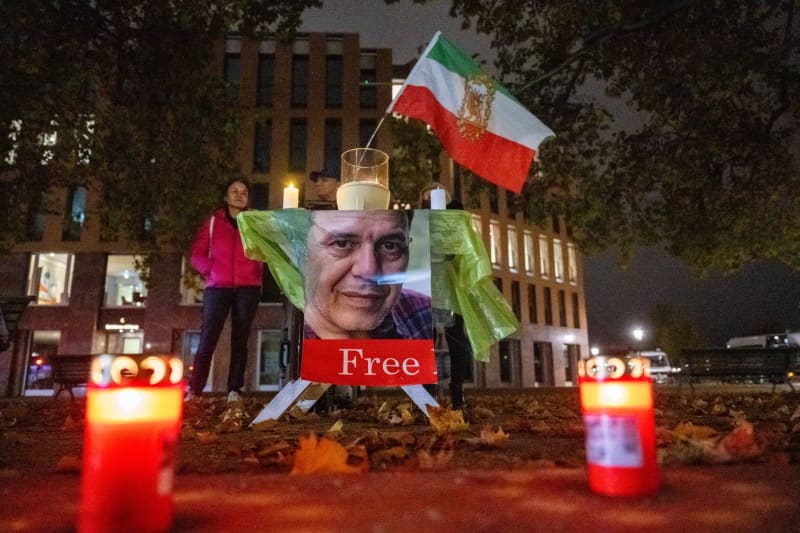Germany’s Foreign Office has summoned the head of the Iranian embassy in Berlin in response to the execution of Jamshid Sharmahd, a German-Iranian dual national. This strong reaction underscores Germany’s condemnation of what they label Sharmahd’s “murder” by the Iranian regime. The incident is a significant point of tensions between Germany and Iran, with German Ambassador Markus Potzel also raising his objections in discussions with the Iranian foreign minister. Following these developments, Foreign Minister Annalena Baerbock recalled Potzel to Berlin for consultations, indicating the gravity of the situation for the German government.
The Iranian judiciary announced Sharmahd’s execution, which was carried out following a controversial trial earlier this year. He had been sentenced to death on allegations of terrorism, a charge strongly refuted by his family and various human rights organizations. They have consistently argued against the validity of the accusations, highlighting concerns over the fairness of the judicial process he underwent. The execution has drawn widespread condemnation not only from the German government but also from international human rights advocates who view it as a blatant violation of human rights.
Baerbock and German Chancellor Olaf Scholz vocalized their outrage over Sharmahd’s execution. Scholz described the act as a “scandal,” underlining the continuous efforts made by the German government to advocate for Sharmahd’s release prior to his execution. Both leaders emphasized that the situation reflects the oppressive nature of the Iranian regime, which they accuse of wielding death as a means to instill fear among its populace, including foreign nationals.
The repeated diplomatic interventions by Germany aimed at preventing Sharmahd’s execution were noted by Baerbock, who claimed that the German government made its stance unequivocally clear to Tehran. She warned that such actions against German citizens would not go unanswered, expressing a readiness for significant repercussions. This incident serves as a critical example of the growing tensions between Iran and Western nations, with human rights violations increasingly becoming a focal point of international relations.
The details surrounding Sharmahd’s case continue to prompt discussions about human rights in Iran. His death has reignited debates over the fairness of trials held by the Iranian government, especially in cases involving dual nationals. Activists are concerned that the Iranian judiciary lacks transparency and impartiality, often leading to politically motivated sentencing. The execution is seen as indicative of the broader pattern of disregard for human rights within Iran, especially as it pertains to dissent and freedom of expression.
In summary, Germany’s vehement response to the execution of Jamshid Sharmahd encapsulates a significant diplomatic crisis sparked by human rights abuses in Iran. The strong statements from German leadership and the subsequent diplomatic measures highlight a willingness to confront Iranian actions on international stages. As the situation unfolds, it raises critical questions regarding the treatment of dual nationals, the integrity of Iran’s judicial system, and the broader implications for international relations and human rights advocacy.

